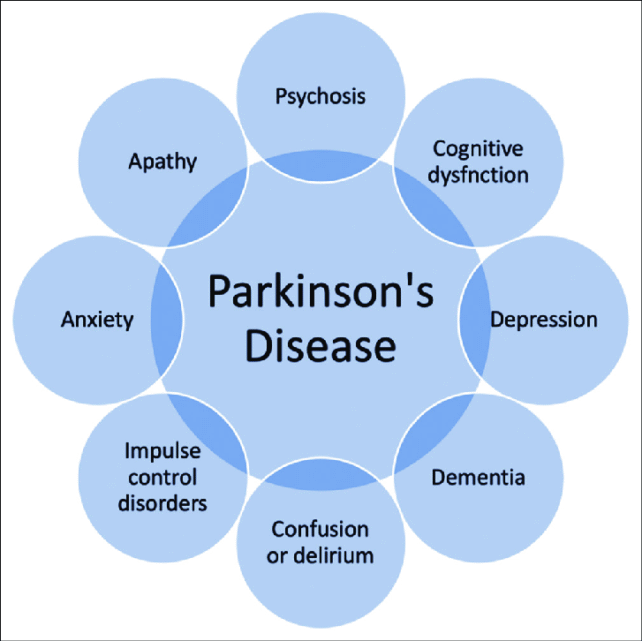An active ingredient in cough medicines since 1979 has shown promise as a treatment for neuropsychiatric symptoms in Parkinson's disease-related dementia.
The drug, ambroxol, isn't approved for use in the US, Canada, or Australia, but it is commonly found in cough syrups and tablets from Europe.
In a gold-standard phase 2 clinical trial, 22 participants with Parkinson's dementia who received a high daily dose of ambroxol for a year showed no worsening of key neuropsychiatric symptoms.
Meanwhile, 25 patients who received the placebo displayed worsening symptoms, gaining an average of 3.73 points on an established neuropsychiatric score. Patients on ambroxol dropped an average of 2.45 points.
Related: Parkinson's Disease Might Not Start in The Brain, Study Finds
Both groups shared similar cognitive scores related to memory and language. But those taking ambroxol showed stabilization in symptoms like delusions, hallucinations, anxiety, irritability, apathy, and aberrant motor activity.
Participants on ambroxol also experienced fewer falls.
Though ambroxol was found to be safe, no clinically meaningful improvements in cognition were recorded. Yet there are reasons to remain optimistic.
"Our goal was to change the course of Parkinson's dementia," says neurologist Stephen Pasternak from Western University in Canada.
"This early trial offers hope and provides a strong foundation for larger studies."

In the team's analysis, some participants carrying a high-risk GBA1 gene for Parkinson's showed improved cognitive performance on ambroxol. With a small sample size and no control group to compare outcomes to, the authors caution these results need to be followed up before drawing any conclusions.
That said, high-risk GBA1 gene variants tend to result in lower activity of the enzyme Glucocerebrosidase (GCase), and this, in turn, is linked to more protein clumps in the brain, like Lewy bodies, which are associated with Parkinson's dementia.
Recently, studies have found that ambroxol can significantly increase GCase activity. In the current trial, those taking the drug showed 1.5 times the amount of GCase activity.
No serious adverse effects were reported by those taking ambroxol, although mild to moderate gastrointestinal issues were common and caused a few participants to drop out of the trial.
The findings suggest that some of the more serious symptoms of Parkinson's disease may be managed by ambroxol if taken regularly at high doses.
Because ambroxol can easily cross the blood-brain barrier, some scientists suspect the cough medicine can treat neurodegenerative conditions, like Parkinson's, Amyotrophic lateral sclerosis (ALS), Gaucher disease, neuroinflammation, or spinal cord injury.
Whether that hypothesis proves to be true requires more clinical research. But the recent phase 2 trial on Parkinson's dementia gives scientists good reason to keep digging.
"These findings suggest ambroxol may protect brain function, especially in those genetically at risk," says Pasternak.
"It offers a promising new treatment avenue where few currently exist. If a drug like Ambroxol can help, it could offer real hope and improve lives."
The study was published in JAMA Neurology.